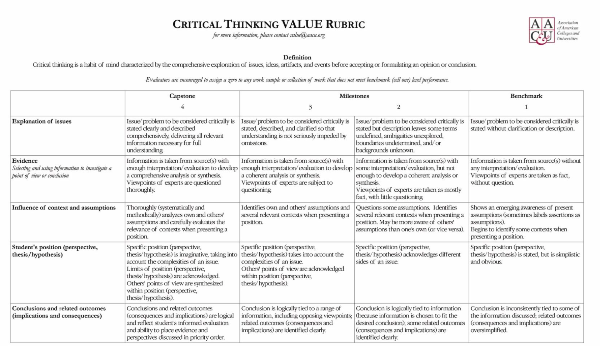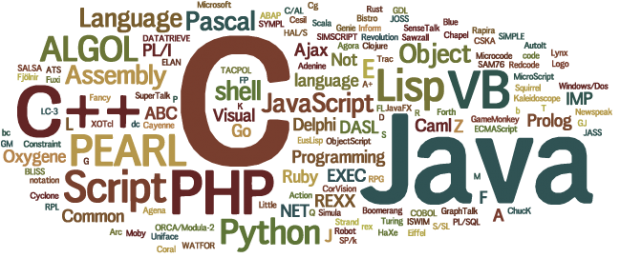Making Critical Thinking Critical
The news is full of specious reasoning, logical fallacies and cognitive biases. In other words, there is a lack of critical thinking. Most colleges and some high schools offer courses in critical thinking. If those terms are unfamiliar, you probably haven't taught (or taken) a class in critical thinking.
What is critical thinking? There are many definitions. I have found in talking to teachers and to students that everyone seems to believe that they are using critical thinking. I suspect that most of them are not teaching or using it, or at least not as well or as consciously as they might.
For me, critical thinking is a very conscious use of certain techniques and processes. Do we use critical thinking when we make a major purchase like a car or home? You would certainly hope so, but many purchases are made, large and small, with some thought but no real critical thinking. Not all thinking is critical thinking. I would argue that most thinking is not critical thinking.
I doubt that you would get any argument in saying that one of the most desirable characteristics of school graduates is that they can think critically. Employers always list it in the top section of skills they want in new employees. But teaching critical thinking is not something that teachers are explicitly trained to do. It is just assumed that it occurs naturally in doing academic work.
Can you read and not be a critical reader? Absolutely. And there are times - vacation and leisure reading - when that is fine. I teach film and communications and there are ways to be a critical viewer, but even I don't really use all the tools when I'm just watching a sitcom on my couch.
Our curriculum often does not demand critical thinking. It often focuses on the recall of the "pedagogical content knowledge" because that is the basis for much assessment.
The next six months I will be developing a critical thinking course using OER, so I am back into my critical thinking mode. I have taught undergraduate critical thinking courses and I think they should be a requirement at that level and also in elementary, middle and high school.
I like this article that says that one problem is that "critical thinking is the Cheshire Cat of educational curricula – it is hinted at in all disciplines but appears fully formed in none. As soon as you push to see it in focus, it slips away. If you ask curriculum designers exactly how critical thinking skills are developed, the answers are often vague and unhelpful for those wanting to teach it. This is partly because of a lack of clarity about the term itself and because there are some who believe that critical thinking cannot be taught in isolation, that it can only be developed in a discipline context – after all, you have think critically about something."
AACU Critical Thinking VALUE Rubric (below) click for full pdf

 I am seeing an increasing number of fraud meeting and conference announcements being distributed by e-mails and posts, and articles with warnings about them.
I am seeing an increasing number of fraud meeting and conference announcements being distributed by e-mails and posts, and articles with warnings about them.
